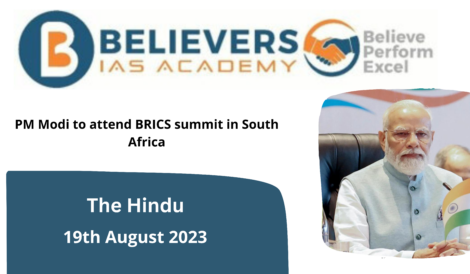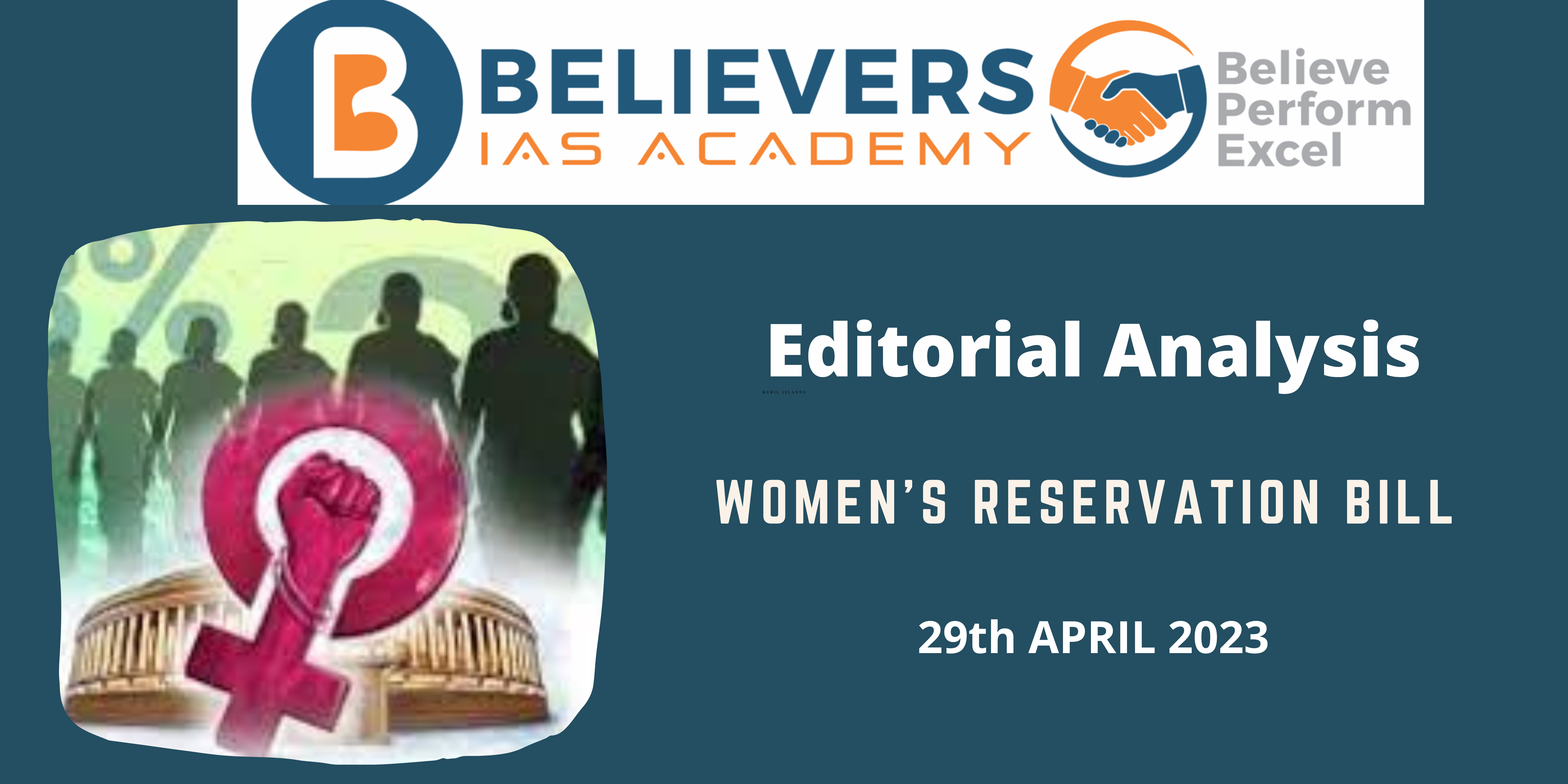Petitions Around Same-Sex Marriage
Context:
- A five-judge Supreme Court Bench led by Chief Justice of India D.Y. Chandrachud is set to hear a series of petitions seeking legal recognition of same-sex marriage on April 18.
- According to the Union administration, same-sex marriage is only an “urban elitist viewpoint.” They said that same-sex weddings should be decided by Parliament rather than the courts.
- The Kanchan Foundation contends that deep-seated preconceptions and mental barriers built over generations cannot be erased by a single judicial judgment.
Points to ponder:
- A five-judge Supreme Court Bench in India will hear petitions seeking legal recognition of same-sex marriage on April 18th.
- The primary petitioners contend that non-recognition of same-sex marriage is discrimination that undermines the dignity and self-fulfillment of LGBTQIA+ partners.
- According to the Delhi Commission for the Protection of Child Rights (DCPCR), same-sex couples would make equally good parents as heterosexual couples.
- The Union administration has stated that same-sex marriage is an “urban elitist view” and that the Parliament, not the courts, must rule on same-sex marriages.
- The state of Madhya Pradesh has attempted to intervene in the case, claiming that legalizing same-sex marriage would “seriously affect” the interests of its inhabitants.
- The National Commission for the Protection of Child Rights (NCPCR) argued that same-sex marriage would violate the Juvenile Justice Act, citing a study that found that children of same-sex couples had twice as many emotional problems as children of heterogeneous parents.
- Various religious bodies and non-governmental organizations (NGOs) have opposed same-sex marriage, citing cultural and religious grounds, and some have stated that children raised by same-sex parents are “much more likely” to suffer from depression, low academic success, unemployment, and marijuana use.
- The Kanchan Foundation contends that deep-seated preconceptions and mental barriers built over generations cannot be erased by a single judicial judgment.
- According to the NGO Call for Justice, marriage between a man and a woman is recognized around the world, and any changes to the institution of marriage “must flow from popular will as expressed through the legislature.”
Religious View Point
- The Shri Sanatan Dharm Pratinidhi Sabha thinks that same-sex marriages are harmful to Indian culture and society, using the Vedas and Manusmriti stanzas to back up their position.
- The Jamiat-Ulama-i-Hind rejects same-sex marriage, claiming that it violates the fundamental element of marriage and that Islam forbids homosexuality.
- The Telangana Markazi Shia Ulema Council argues that children raised by same-sex couples are more likely to suffer from depression, low academic attainment, unemployment, and marijuana use. It also argues that religion has a huge impact on personal law, social standards, and familial relationships in India.
- According to the Akhil Bhartiya Sant Samiti, same-sex marriage is unnatural and violates nature’s law of keeping husband and wife together. The organization emphasizes the significance of Kanyadan and Saptapadi in Hindu marriages.
- The religious non-governmental organizations (NGOs) that filed interventions contend that marriage between a man and a woman is a millennia-old institution recognized around the world and that any changes to the institution of marriage must come from popular will represented through the legislation.
Similar Topics:
Indian Study Supports Same-Sex Marriage
LGBTQ rights for equality of marriage




